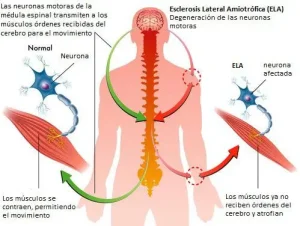Overview
Diagnosis of Amyotrophic Lateral Sclerosis (ALS)
ALS is a progressive neurodegenerative disease affecting nerve cells controlling voluntary muscles. Diagnosis involves:
-
Medical history and neurological exam: Checking for muscle weakness, twitching, or spasticity.
-
Electromyography (EMG): Assesses electrical activity in muscles to detect nerve damage.
-
Nerve conduction studies: Evaluate signal transmission in peripheral nerves.
-
Blood and imaging tests: Rule out other conditions that mimic ALS, such as multiple sclerosis or spinal cord disorders.
Treatment of Amyotrophic Lateral Sclerosis (ALS)
There is currently no cure for ALS, but treatment focuses on slowing progression and improving quality of life:
-
Medications: Riluzole and edaravone may slow disease progression.
-
Physical therapy: Maintains muscle function and mobility.
-
Occupational and speech therapy: Helps with daily activities and communication.
-
Respiratory support: Non-invasive ventilation supports breathing as muscles weaken.
-
Supportive care: Nutritional support, psychological care, and assistive devices.
Key Takeaways
-
ALS is progressive and life-limiting, but supportive care improves quality of life.
-
Early diagnosis allows better planning for mobility, communication, and respiratory support.
-
Multidisciplinary care teams are essential for comprehensive management.
Advertisement

